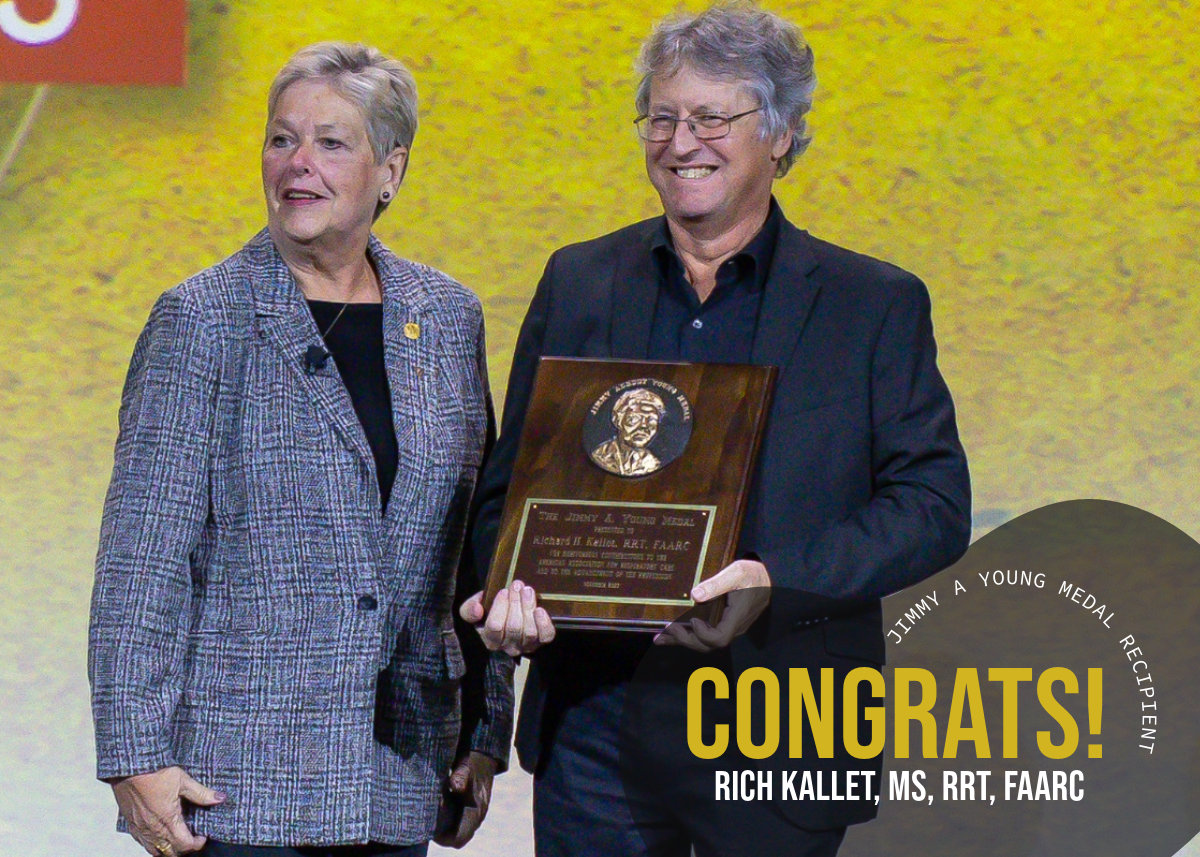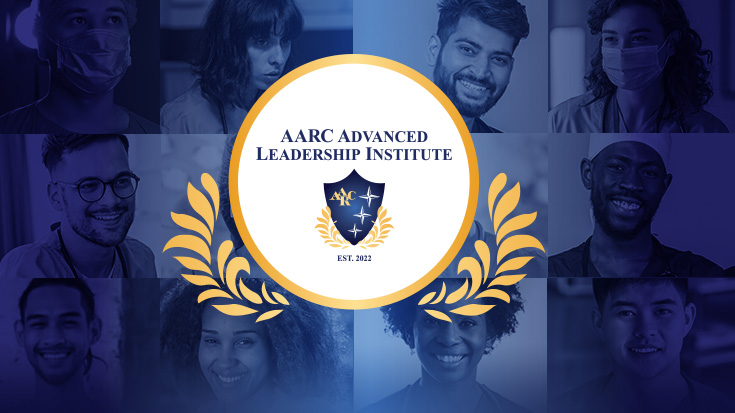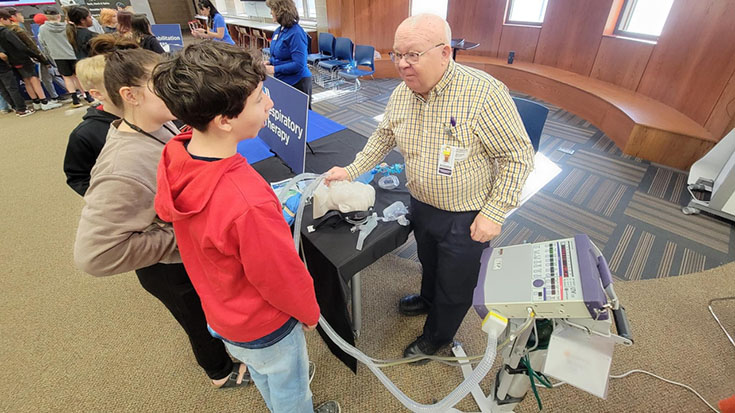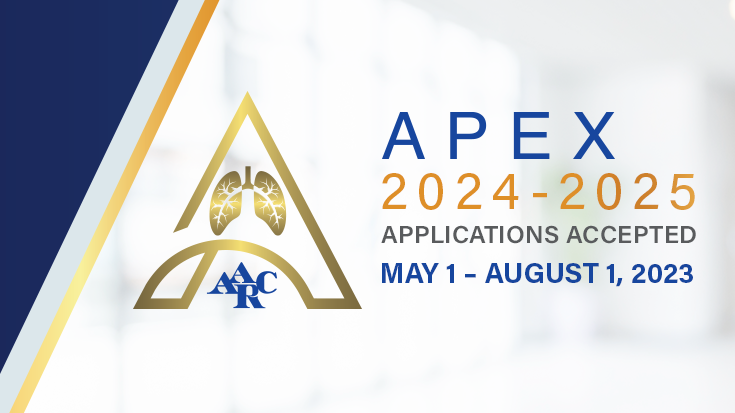
If you ask any department head how they became the boss, most will tell you this story: “I was a pretty good RT, and most people liked me, so they asked me to fill in. Then everyone hated me.” Sound familiar?
In health care, we have the tendency of taking a great clinician and making them a mediocre manager. This usually occurs because we don’t proactively prepare managers as effective leaders. We know leaders can manage, but not all managers can lead. Here is our story on the evolution of the “LARS Pilot” and how a focus on leadership is needed now more than ever.
What the Heck is LARS?
This “leadership vs. management” concept was introduced at the 2019 AARC House of Delegates. Presented by Garry Kauffman with a subsequent open mic session, ideas were elicited to identify how respiratory therapy managers can be better supported. Historically, while many departments demonstrate excellence and value, some departments fail to incorporate essential business theory, principles of leadership, and evidence-based operational practices. Therefore, developing the next generation of managers that can effectively lead, is a priority for the growth of our therapists, departments, patients, and profession.
Supporting and developing leaders is vital to the future of respiratory care. The Leadership & Management Section, along with the Education Section, endorsed the support of a pilot program to support RT managers. This pilot became branded as the Leadership Association for Respiratory Services (LARS). With four engaged state affiliates (New Jersey, Texas, Michigan, and Pennsylvania) and assistance from RT leaders from California and Colorado, LARS aims to spread leadership development through education, networking, sharing of best practices, and mentorship.
The Keystone State Experience
In February 2020, at a Panera Bread Restaurant in Lancaster, PA, the Pennsylvania Society for Respiratory Care (PSRC) Chapter of the LARS pilot began with just two members. Of course, we all know what happened in March.
COVID-19 was lonely and isolating, especially for respiratory care leaders. As we attempted to catch our breath from COVID-19, we realized how much leadership collaboration and support was essential to our survival as leaders, thus the revival of the LARS pilot. With the support of the PSRC Board of Directors, PSRC LARS was made a priority. In May of 2020, a survey was sent to department managers and directors across the state to identify the needs, topics, support, and opportunities LARS could provide. To our surprise, we received a 77% response rate. In June, we had our first event, a lecture and roundtable activity on Resilience (very timely), with over 60 participants.
For the next year, the PSRC LARS pilot continued, offering seven educational webinars featuring nationally recognized speakers and four roundtable activities. Topics included: Self Care, Diversity and Inclusion, Leading Through Uncertainty, Productivity, and COVID Tips & Tricks.
We became “Zoom Wizards” with breakout rooms, interactive surveys, and, most importantly, camaraderie. We even got a corporate sponsor. Leaders across PA kept coming to learn and grow; we didn’t even offer continuing education credits. What we did offer was cherished by all who attended, a platform of knowing we were not alone. LARS thrived despite COVID-19!
Today, LARS is no longer a pilot but an AARC fully endorsed and valuable avenue for leaders to learn, develop, grow, and connect. We even have added a new affiliate in New Mexico. With the support of our AARC Leadership & Management Section Chair, Kim Bennion, we continue to identify opportunities to grow and flourish across the country. For example, Kim has purposefully included Jennifer Anderson, our AARC Education Section Chair, to partner and action plan our current RT labor shortage. The collaboration between department directors and program directors will be vital over the next few years to ensure a robust and highly trained workforce. LARS is giving us the platform to tackle respiratory care’s more difficult challenges.
The PSRC LARS steering committee has grown to nine members including both department managers and educators. This talented and dedicated group of leaders is an absolute pleasure to work with. Their motivation for excellence is palpable. We have leadership events monthly and average 30-40 participants each event. We plan to re-survey the PSRC LARS leaders in the fall to identify the program’s true impact and communicate the successes at the national level. Our original survey identified an opportunity we are action planning now: LARS for Women in Leadership! On July 7, a panel consisting of Kim Bennion, Garry Kauffman, Dana Stauffer, and Matt Pavlichko had the honor to present this amazing work and success at AARC Summer Forum. We are blessed to have highly engaged leaders across our state that continually strive to elevate our profession.
Spreading Across the Country
So, what’s next for LARS? First, we need to spread the accomplishments of all the pilot affiliates. We have learned a lot from each other. Garry Kauffman, one of the LARS founders, has challenged us to create the “LARS playbook,” evidence-based materials needed so all state affiliates can encourage leadership development. This playbook is already in development and will include templates for charters, tracking progress, surveys, and “Plan, Do, Check, Act” (PDCA) work. It will also have tips from other state affiliates that will make your state’s LARS chapter successful. The sky is truly the limit. Leadership is a science, and respiratory therapists are scientists. Great leaders + great clinicians = great patient outcomes.
Are you interested in LARS coming to your state? The entire AARC LARS Steering Committee is preparing to help. Stay tuned to AARConnect and the Leadership & Management Section for more details coming very soon! #RTStrong
Matthew S. Pavlichko, MS, RRT, RRT-NPS is the Director, Respiratory Care and Pulmonary Diagnostics at Penn Medicine Lancaster General Health in Lancaster, PA. Dana W. Stauffer, MS, RRT, RRT-NPS, LSSBB is the Director of Respiratory Therapy at Penn State Health, Hershey Medical Center in Hershey, PA. Both are co-chairs the PA Chapter of the LARS project.
Email newsroom@aarc.org with questions or comments, we’d love to hear from you.















